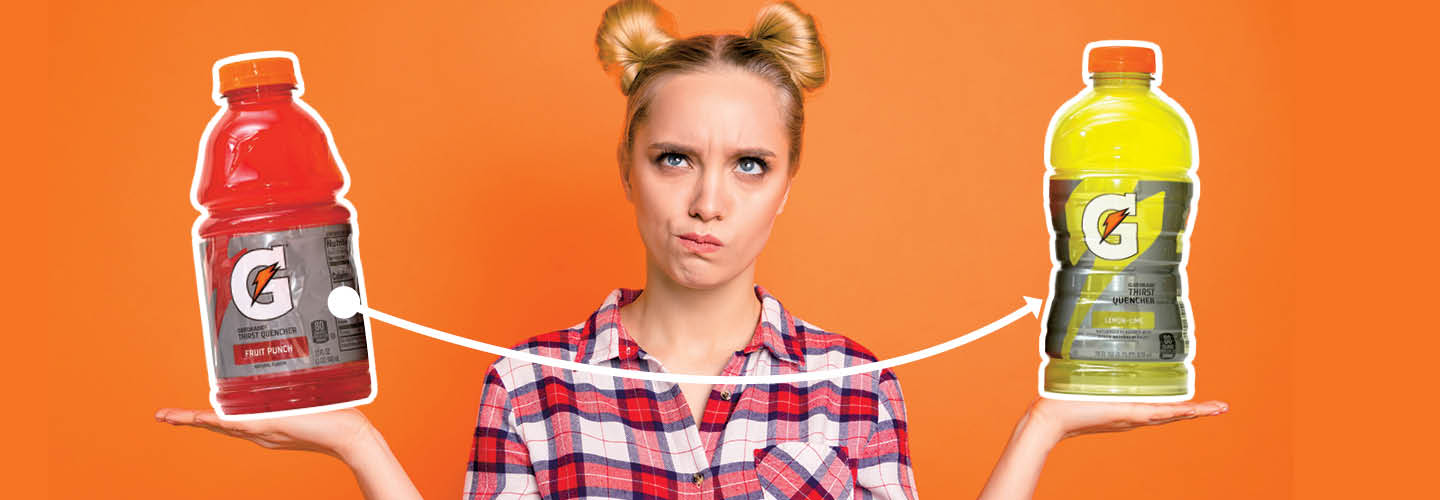TikTok star Keith Lee sat in his car one evening this spring, examining a bowl from Chipotle Mexican Grill for a video that he’d later share with his more than 16 million followers. Using a fork, he dug through the meal, asking, “Where’s the chicken at?”
The video garnered more than 2 million likes and fueled dozens more videos of disgruntled customers walking out of Chipotle or of employees serving what customers deemed “shrinking portions.”
Amid the backlash, Chipotle’s chief executive at the time, Brian Niccol, firmly denied the company’s portion policies had changed.
“There was never a directive to provide less to our customers,” he said in July. “Generous portion is a core brand equity of Chipotle. It always has been, and it always will be.”
Companies have long been accused of sneakily decreasing the size of products—from air-filled bags of chips to smaller candy bars—while charging the same price. This practice is known as “shrinkflation”—a combination of the words “shrink” and “inflation.” If you look closely at your box of cereal, for example, there’s a decent chance you’ll find it holds less than one purchased a year ago.
Keith Lee is a TikTok star. One evening this spring, he sat in his car looking at a bowl from Chipotle Mexican Grill. Using a fork, he dug through the meal, asking, “Where’s the chicken at?” He’d later share a video of it with his more than 16 million followers.
The video got more than 2 million likes. It fueled dozens more videos of upset customers walking out of Chipotle or of employees serving what customers called “shrinking portions.”
Amid the backlash, Chipotle’s chief executive at the time, Brian Niccol, firmly denied the company’s portion policies had changed.
“There was never a directive to provide less to our customers,” he said in July. “Generous portion is a core brand equity of Chipotle. It always has been, and it always will be.”
Companies have long been accused of sneakily decreasing the size of products. From air-filled bags of chips to smaller candy bars, things have often gotten smaller while the price has remained the same. This practice is known as “shrinkflation”—a combination of the words “shrink” and “inflation.” If you look closely at your box of cereal, for example, there’s a good chance you’ll find it holds less than one purchased a year ago.

